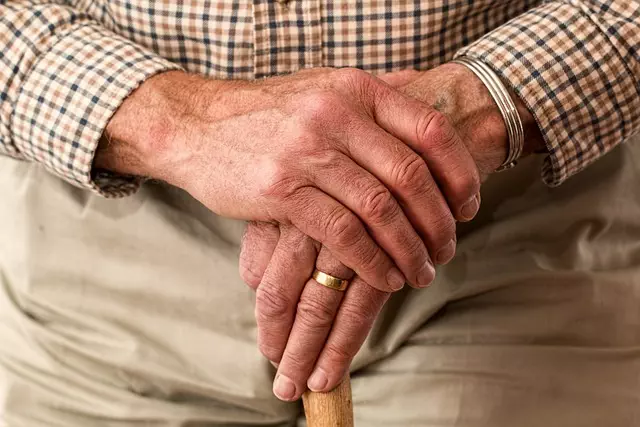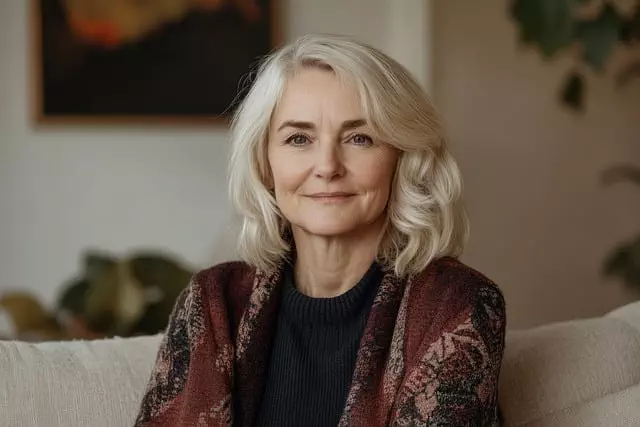Elderly companion services significantly improve medication management for seniors by offering personalized support that goes beyond mere companionship. These services integrate advanced reminder systems with user-friendly technology such as pill organizers and mobile apps, ensuring timely and correct medication intake according to medical prescriptions. The combination of these smart technologies with the human touch of caregivers creates a robust system for managing complex medication regimens, which is critical for avoiding missed doses or incorrect usage. This proactive approach not only enhances health outcomes but also facilitates better communication between seniors and healthcare providers. It's an essential tool in senior care, promoting independence, safety, and a high quality of life through the careful balance of support, convenience, and technology. These companion services are tailored to accommodate different technological comfort levels and cognitive abilities within the older adult demographic, ensuring that each individual receives the right level of assistance for their unique needs.
navigating the complexities of medication management can be a significant challenge for seniors. This article explores the pivotal role of Elderly Companion Services in bolstering medication adherence, leveraging advanced technology to streamline senior care, and customizing reminder systems to meet individual needs. Through these innovative approaches, seniors receive tailored support to manage their medications effectively, ensuring better health outcomes and peace of mind for both the elderly and their families.
- Enhancing Medication Adherence for Seniors with Elderly Companion Services
- The Role of Technology in Senior Medication Management
- Personalized Reminder Systems and Their Benefits for the Elderly
- Selecting the Right Elderly Companion Service for Effective Medication Reminders
Enhancing Medication Adherence for Seniors with Elderly Companion Services

Elderly companion services play a pivotal role in enhancing medication adherence for seniors, who often face complex medication regimens that can be overwhelming and confusing. These services provide not just companionship but also tailored support to help older adults manage their medications effectively. A key aspect of this support involves setting up and monitoring medication reminders. This proactive approach ensures that seniors take their medications at the correct times, as prescribed, reducing the risk of missed doses or incorrect medication usage. The services often employ technology such as pill organizers with alarms and digital apps that send timely reminders to both the senior and their caregivers. This technology, combined with the human element of companionship, creates a robust system that aids in adherence. Moreover, these companion services can identify potential issues with medication management early on and facilitate communication between the seniors and their healthcare providers, thus fostering a collaborative environment for better health outcomes. By addressing the social aspects of medication adherence and providing a consistent presence to guide and assist, elderly companion services are instrumental in ensuring that seniors receive the full benefits of their medications, ultimately improving their quality of life.
The Role of Technology in Senior Medication Management

The role of technology in managing medications for seniors has become increasingly significant, particularly with the rise of elderly companion services. These services leverage sophisticated reminder systems that integrate into a user’s daily routine, providing audible or visual alerts to take prescribed medications at the correct times. Such systems are designed to be intuitive, accommodating varying levels of tech-savviness and cognitive abilities common among older adults. They often feature large, easy-to-read displays and simple voice commands, ensuring that seniors can use them without assistance. These digital aids not only enhance adherence to medication schedules but also offer additional features such as pill identification, dosage tracking, and even direct communication with healthcare providers or pharmacists for refills or medication inquiries. This level of integration and support within elderly companion services can significantly reduce the risk of missed doses, which is critical for maintaining the efficacy of treatments and improving overall health outcomes for seniors.
Furthermore, these companion services are increasingly equipped with smart technologies that can detect if a medication has been taken, sending alerts or notifications to both the senior and their caregivers or healthcare professionals. This added layer of accountability ensures that there is a safety net in place for those who may forget or are unable to manage their medications independently. Additionally, these systems can be programmed to automatically reorder medications or alert family members if a dose is missed, providing peace of mind and ensuring continuity of care. The integration of technology in senior medication management through elderly companion services is a testament to the ongoing innovation aimed at improving the quality of life for seniors. It represents a thoughtful blend of support, convenience, and safety, tailored to the unique needs of the aging population.
Personalized Reminder Systems and Their Benefits for the Elderly

For seniors managing multiple medications, personalized reminder systems can be a game-changer, offering tailored alerts that align with their individual routines and needs. These sophisticated systems go beyond simple timers; they are designed to accommodate the varying dosage schedules and medication regimens that come with aging. By integrating with companion services for the elderly, these reminders can be part of a broader support network that also includes medication management, health monitoring, and social interaction, which are crucial components for maintaining independence and well-being. The benefits are manifold: from preventing missed doses to ensuring the correct medications are taken at the right times, thus reducing the risk of adverse drug interactions or hospitalizations. Moreover, these systems often feature two-way communication, allowing seniors to confirm they’ve taken their medication as scheduled, providing caregivers and family members with peace of mind. This proactive approach to medication management not only enhances health outcomes but also empowers the elderly to manage their health independently, fostering a sense of autonomy and control over their daily lives.
Selecting the Right Elderly Companion Service for Effective Medication Reminders

When considering elderly companion services for effective medication reminders, it’s crucial to evaluate the range of options available to find the best fit for an aging loved one. A reliable service should offer personalized care plans that align with the individual’s specific health needs and medication schedules. These services often utilize advanced technology, such as smart pill dispensers and mobile applications, to send timely reminders and alerts. The integration of these technologies within companion services ensures that seniors receive their medications at the correct times, thus adhering to their treatment plans and improving health outcomes. Additionally, these services can be complemented by live-in or visitation support from compassionate caregivers who can provide direct assistance, answer questions, and offer peace of mind to both the senior and their family members. When selecting a service, it’s important to consider factors such as the level of supervision required, the complexity of the medication regimen, and the type of technology the senior is comfortable with. By carefully choosing from among the reputable elderly companion services, seniors can benefit from tailored reminders that enhance their independence and support their daily routines.
Incorporating technology and specialized elderly companion services plays a pivotal role in ensuring seniors adhere to their medication schedules. The discussion has highlighted the benefits of personalized reminder systems, which cater to individual needs and preferences, enhancing the efficacy of medication management for the elderly population. By leveraging the right elderly companion service, families can breathe easier knowing their loved ones receive timely reminders, potentially improving health outcomes and quality of life. As we continue to innovate in this space, it is clear that a blend of technology and compassionate care through services like elderly companion services will be key to supporting the medication needs of seniors.


